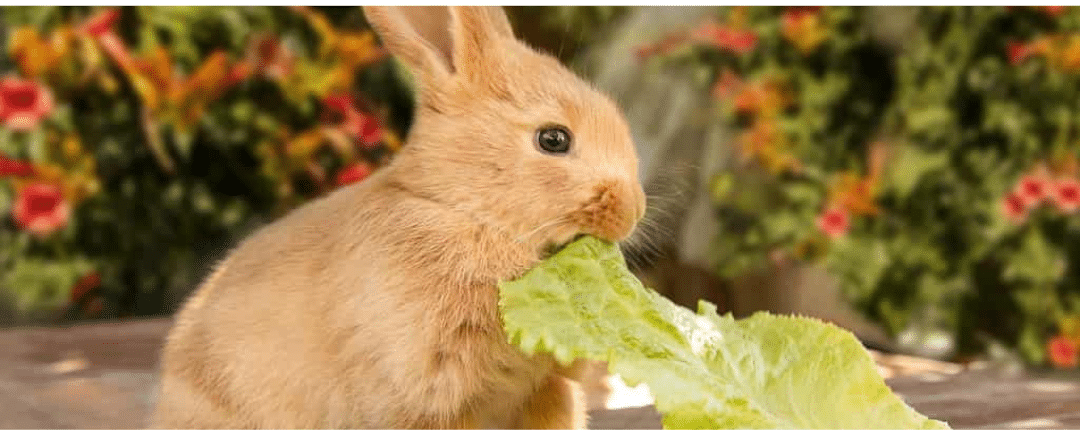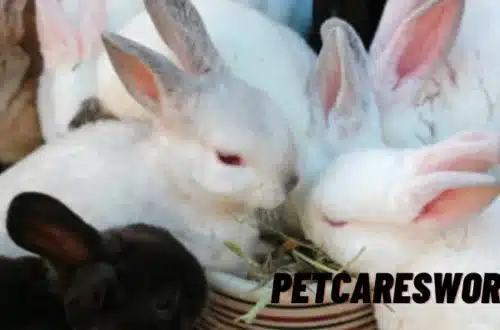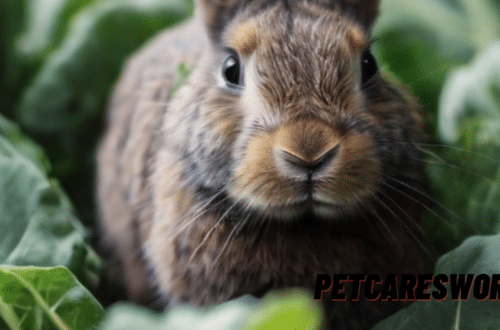Rabbits are adorable creatures known for their fluffy fur and twitching noses. They are also popular as pets due to their gentle demeanor and low maintenance. However, as with any living being, rabbits require proper care, including adequate nutrition.
One common question among rabbit owners and enthusiasts is, How long can a rabbit go without eating? The basics of rabbit nutrition can shed light on this query.
The Significance of Fiber in a Rabbit’s Diet
Fiber plays a crucial role in a rabbit’s digestive health. Their digestive systems are designed to process high-fiber foods like hay and grass. Unlike other animals, rabbits cannot vomit or burp, making a high-fiber diet essential for preventing blockages and maintaining gut motility.
Lack of fiber can lead to serious health issues such as gastrointestinal stasis, a condition where the digestive system slows down or stops entirely.
The Importance of Regular Feeding for Rabbits

Rabbits have unique dietary needs that require frequent feeding. Unlike cats or dogs, they cannot fast for extended periods. Rabbits are herbivores with fast metabolisms, meaning they need a constant supply of food to keep their digestive systems functioning properly.
Generally, rabbits should have access to fresh hay and water at all times. Fresh vegetables and a small amount of pellets can also complement their diet.
Factors Affecting a Rabbit’s Ability to Go Without Eating
Several factors can influence how long a rabbit can go without eating. Age, health status, and environmental conditions all play a role in determining a rabbit’s ability to withstand periods without food.
Young rabbits and those with underlying health issues may not tolerate fasting as well as healthy adults. Additionally, stressors such as changes in environment or diet can affect a rabbit’s appetite and overall well-being.
Addressing Concerns About Rabbit Fasting Periods
While rabbits may seem resilient, prolonged fasting can have serious consequences for their health. It is not advisable to intentionally withhold food from a rabbit, as it can lead to dehydration, weakness, and gastrointestinal problems.
If a rabbit refuses to eat for more than 12 hours, it is crucial to seek veterinary attention immediately. Delayed treatment can exacerbate the situation and put the rabbit’s life at risk.
Recognizing the Signs of Malnutrition in Rabbits
Malnutrition is a significant concern for rabbits deprived of food for extended periods. Owners should be vigilant for signs of malnutrition, including weight loss, lethargy, and changes in fecal output.
A rabbit that is not eating or exhibiting abnormal behavior requires prompt intervention to prevent further deterioration of its health. Timely veterinary care and adjustments to diet and management practices can help address underlying issues contributing to malnutrition.
Strategies for Encouraging Rabbit Appetite
Encouraging a rabbit to eat is essential for maintaining its health and well-being. Offering a variety of fresh, palatable foods can stimulate appetite and prevent boredom.
Tempting treats like leafy greens, herbs, and small portions of fruit can entice a reluctant rabbit to eat. Additionally, providing a quiet, stress-free environment can help alleviate anxiety and encourage normal eating behaviors in rabbits.
Seeking Professional Guidance for Rabbit Nutrition
When in doubt about a rabbit’s dietary needs or feeding habits, consulting a veterinarian is always advisable. Veterinarians specializing in exotic pets or rabbits can offer valuable insights into proper nutrition and care.
They can assess a rabbit’s overall health and provide personalized recommendations based on its age, breed, and medical history. Regular check-ups and preventive care are essential for ensuring the long-term health and happiness of pet rabbits.
Conclusion
The question of How long can a rabbit go without eating? underscores the importance of understanding rabbit nutrition and dietary requirements. While rabbits may possess some resilience, prolonged fasting can have detrimental effects on their health.
Owners must prioritize regular feeding, provide a balanced diet, and monitor their rabbits for signs of malnutrition or illness. By nurturing healthy eating habits and seeking professional guidance when needed, owners can ensure that their pet rabbits live long, fulfilling lives.






